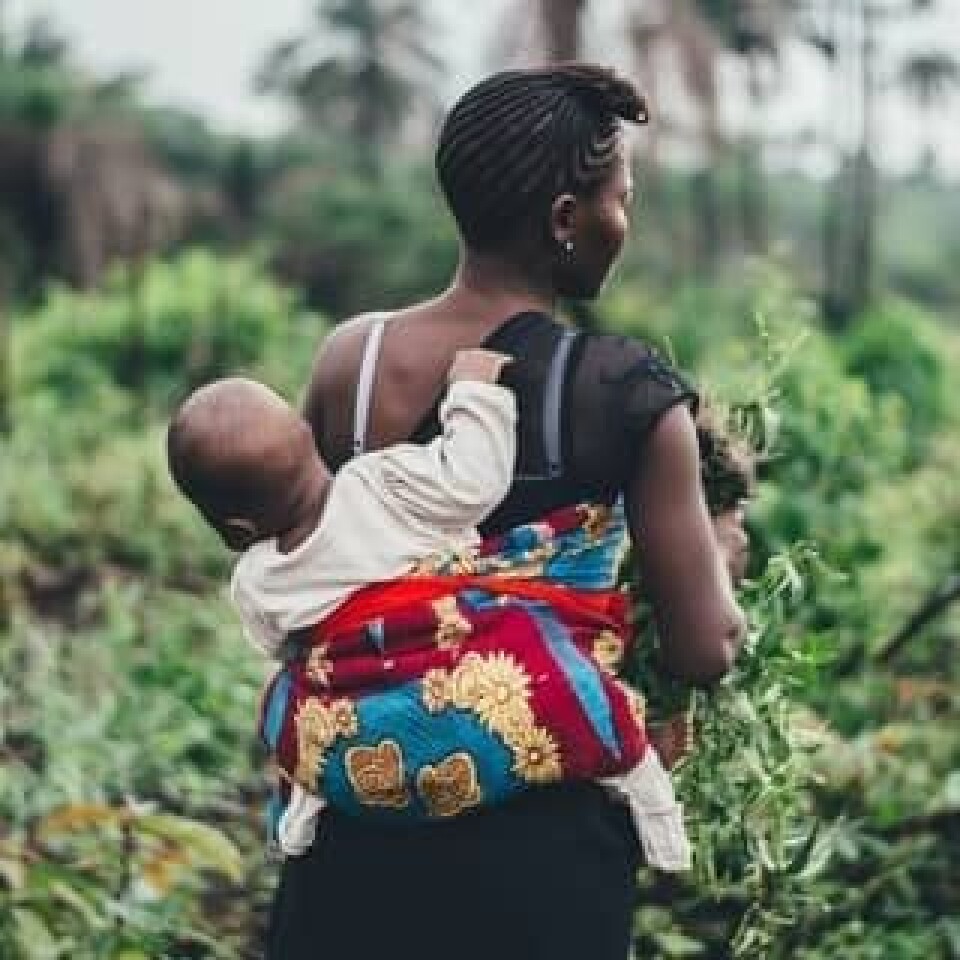Copyright : Re-publication of this article is authorised only in the following circumstances; the writer and Africa Legal are both recognised as the author and the website address www.africa-legal.com and original article link are back linked. Re-publication without both must be preauthorised by contacting editor@africa-legal.com
Victory for Zimbabwean child brides

The “age of consent” has been upped from 16 to 18 in Zimbabwe, in a victory for two women, themselves child brides, writes Tania Broughton.
This adjustment to the age of consent is the effect of a ruling by the country’s Constitutional Court in a judgement penned by Justice Rita Makarau, with Justices Ben Hlatshwayo and Bharat Patel concurring.
The court was hearing an appeal from the high court, which had dismissed an application brought, in the public interest, by the two women, cited as being “champions of women and children’s causes and rights”.
Both narrated their personal experiences – one was already a mother of two at the age of 19 – which, they argued, could have been avoided had they been afforded the protection guaranteed under the Constitution, which defines a child as being anyone under the age of 18 and spells out that “every child must be protected from sexual exploitation among other forms of abuse”.
Contrasting this was the Criminal Penal Code, which set the age of consent at the age of 16, giving an automatic defence to any person who married a girl between the ages of 16 and 18.
In her recent ruling, Justice Makarau said the high court had “gone on a frolic of its own” when it had dismissed the application. “This case was not, as the high court ruled, a determination of the age at which children should have their first sexual experience. It is about whether the law was unconstitutional on any one of the grounds advanced,” she said.
The high court had “accepted wholesale” arguments by the respondents – the Minister of Justice, Legal and Parliamentary affairs, the Minister of Health and Child Care and the Attorney General – that raising the age of consent would not prevent teenagers from engaging in sexual activity with their peers, and would lead to their criminalisation as “sex offenders”.
Justice Makarau said what it should have considered instead, was the “very narrow issue” of whether the code was in conflict with the Constitution.
Lawyers for the respondents argued that the difference in definition of a “child” in the Constitution and “young person” in the code was “by design” and it was to give children a measure of choice and to uphold their personal dignity.
But Justice Makarau said the language in the Constitution and the “bundle of rights” was unambiguous. “It settles the definition of the term ‘child’ as being someone under the age of 18. And it states that every child must be protected from sexual exploitation. The Code, however, only protects some. Children between 16 and 18 are left out of its protective ambit,” she said.
“It cannot be denied that it will have a serious impact on ‘Romeo and Juliet’ relationships, but that fear cannot derorage from the need to protect all children from sexual exploition in obedience to the constitutional imperative,” she said, noting that the enactment of a comprehensive Children’s Act may overcome this problem.
She ruled the definition of a “young person” in the code to be unconstitutional, but suspended the invalidity for 12 months to allow for the enactment of a law “that protects all children from sexual explotion in accordiance with the Constitution”.
To join Africa Legal's mailing list please click here
